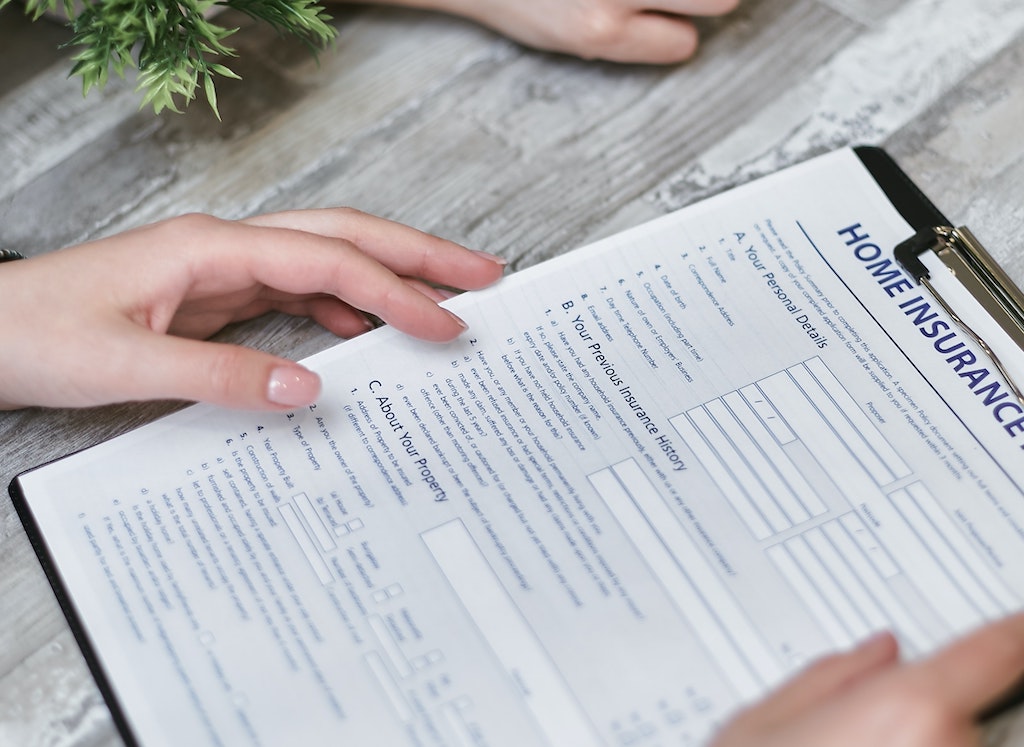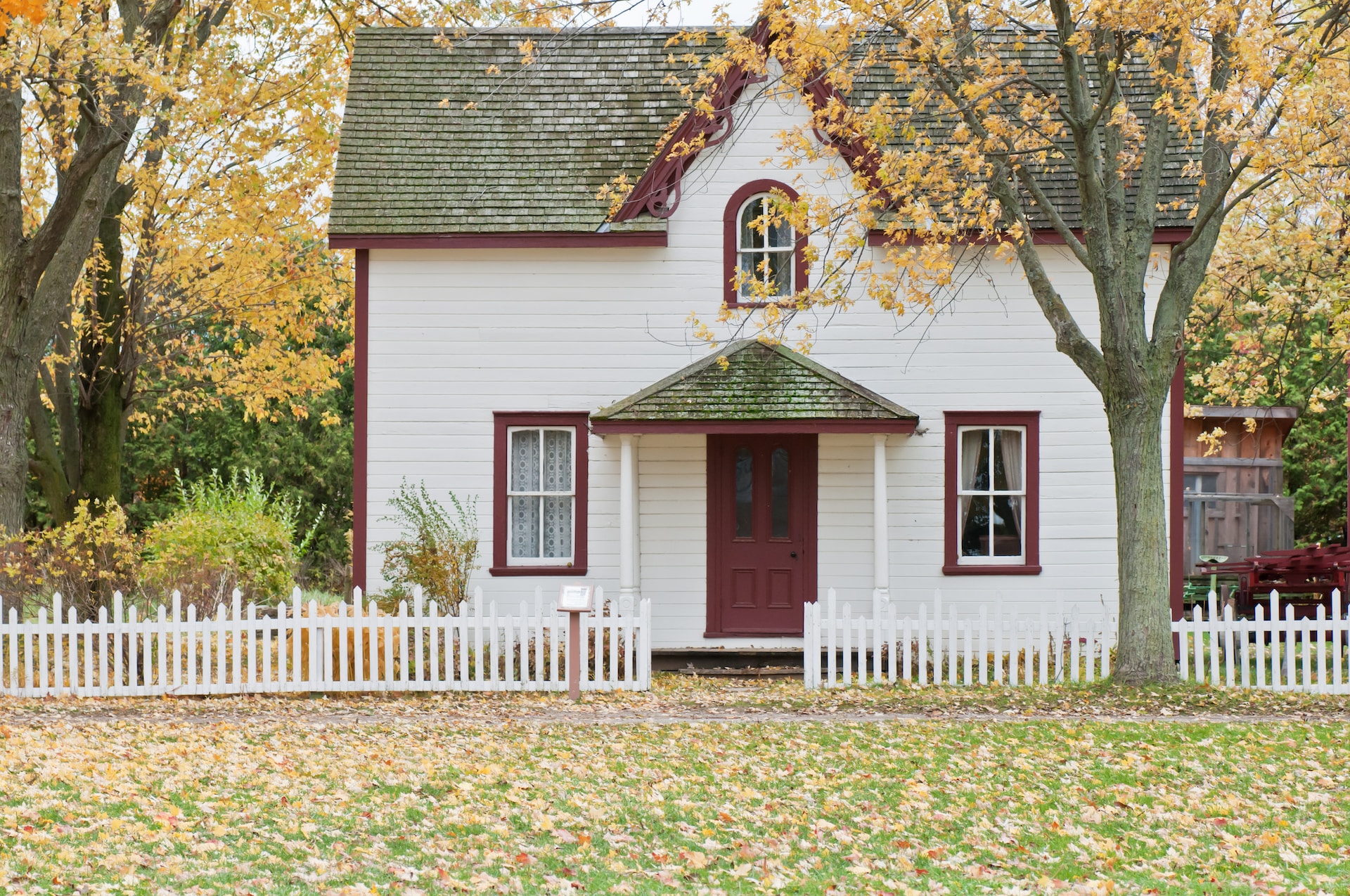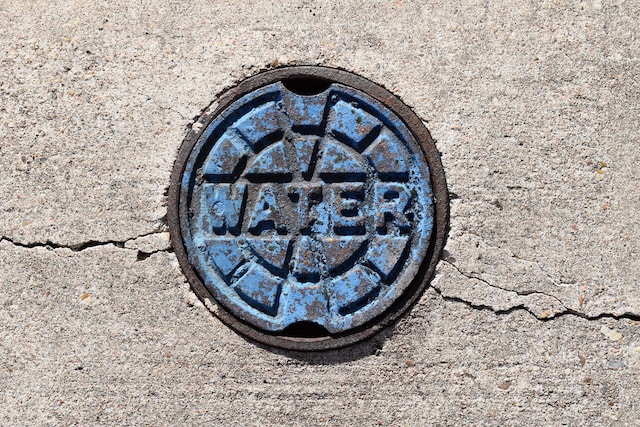When hurricane season approaches, homeowners in vulnerable areas brace for the possibility of significant property damage. With the increasing frequency and severity of hurricanes, ensure that your home and belongings are adequately protected against potential damage. Unlike standard homeowners insurance, hurricane insurance involves a combination of coverages, including specific hurricane deductibles, flood insurance, and windstorm insurance.
The Basics of Hurricane Insurance
Hurricane insurance isn’t a single, distinct policy. Instead, it refers to a set of coverages designed to protect against the various damages hurricanes can cause. The primary components include:
Hurricane Deductibles
- Definition: A hurricane deductible is a specific type of deductible that applies to damage caused by hurricanes. Unlike standard deductibles, which are fixed dollar amounts, hurricane deductibles are usually a percentage of the insured value of the home.
- How It Works: These deductibles typically range from 2% to 5% of the home’s insured value. For instance, if your home is insured for $300,000 and you have a 3% hurricane deductible, you would need to pay $9,000 out-of-pocket before your insurance covers the rest of the hurricane-related damages.
- Triggers: Hurricane deductibles are triggered when the National Weather Service names a storm and issues a hurricane watch or warning. The deductible remains in effect until the storm is downgraded or passes.
Flood Insurance
- Importance: Standard homeowners insurance policies do not cover flood damage, which is often the most destructive aspect of hurricanes. Separate flood insurance will cover the damage caused by storm surges and heavy rains.
- Coverage Details: Flood insurance, typically offered through the National Flood Insurance Program (NFIP), covers your home’s structure and contents.
Windstorm Insurance
- Necessity: Windstorm insurance in areas where standard homeowners policies exclude wind damage covers damage caused by high winds, including those from hurricanes, tornadoes, and other wind-related events.
- Policy Inclusions: Windstorm insurance can cover the repair or replacement of roofs, windows, and other structural components damaged by wind. It may also cover additional living expenses if your home becomes uninhabitable.
Hurricane Insurance State-Specific Regulations and Requirements
Hurricane insurance requirements and regulations vary by state, particularly in regions along the Gulf of Mexico and the Atlantic coast. Here are some examples:
- Florida:
- Deductible Options: Florida law mandates that homeowners have the option of a flat-rate hurricane deductible of $500, though they can choose higher percentage-based deductibles (2%, 5%, or 10%) for potentially lower premiums.
- Texas:
- Windstorm Coverage: In Texas, windstorm and hail insurance is provided through the Texas Windstorm Insurance Association (TWIA) for residents in designated coastal areas. This policy is essential as standard homeowners insurance often excludes wind damage.
- New York:
- Trigger Conditions: In New York, the hurricane deductible applies when a storm is officially named and affects the area. The deductible is in place until the storm is downgraded or moves away.
- Rhode Island:
- Cap on Deductibles: Rhode Island caps hurricane and windstorm deductibles at 5% of the home’s insured value, ensuring homeowners are not burdened with excessively high out-of-pocket costs.
Practical Steps for Homeowners
Understanding your insurance needs and taking proactive steps can help safeguard your home against hurricane damage. Here are some practical tips:
- Review Your Policies:
- Regular Checks: Review your homeowners, flood, and windstorm insurance policies to ensure adequate coverage. Pay close attention to the limits, exclusions, and deductible amounts.
- Update Coverage: If you’ve improved your home or acquired valuable belongings, update your policies to reflect these changes.
- Understand Deductibles:
- Calculate Potential Costs: Know your hurricane deductible amount and calculate how much you would need to pay out-of-pocket in the event of a hurricane. This preparation helps you manage your finances during a crisis.
- Compare Options: Evaluate the different deductible options available and choose the one that balances your financial capability with premium costs.
- Invest in Mitigation:
- Home Improvements: Invest in home improvements that can reduce hurricane damage, such as reinforcing your roof, installing impact-resistant windows, and securing outdoor objects.
- Insurance Discounts: Take advantage of insurance discounts offered for implementing mitigation measures. These can significantly lower your premiums.
- Stay Informed:
- Weather Alerts: Stay informed about weather conditions and heed local authorities’ evacuation orders and safety advisories.
- Insurance Communication: Maintain open communication with your insurance provider to understand any changes in policy terms or coverage options.
Hurricane insurance is a critical component of financial protection for homeowners in hurricane-prone areas. By understanding the intricacies of hurricane deductibles, the necessity of separate flood and windstorm insurance, and the specific regulations in your state, you can ensure your home and finances are well-protected against the devastating effects of hurricanes. Regularly reviewing and updating your policies, investing in mitigation measures, and staying informed can provide peace of mind and security when facing nature’s fury.




